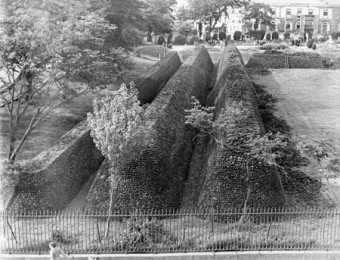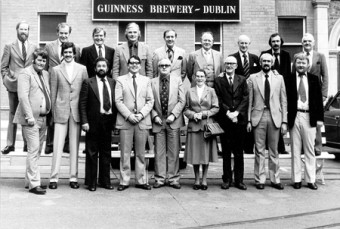Search Results for 'Peter Cooke'
12 results found.
Fuel problems during ‘the Emergency’

Because merchant ships were regarded as targets during World War II, the island of Ireland was, to an extent, cut off from the rest of the world, and many products that would normally have been freely available became scarce. Rationing was introduced and each household was given a ration book. Basic foodstuffs such as bread, butter, flour, wheatmeal, sugar, and tea were sold in small amounts... tea was reduced to a half ounce per person per week, which represented hardship for many. There was a black market for this and many other ‘luxuries’, while others tried making their own substitutes like dandelion tea or carrot tea. Some would recycle the tea leaves by taking them from the teapot, drying them, and reusing them. Necessity became the mother of invention.
Galway vintners

During the reign of Edward VI, when the Puritans controlled Galway, it was provided that “No man should keep an Ale House without being licensed, under penalty of three days imprisonment and a fine of twenty shillings”. It was added: “But because many Ale House keepers in those days were not able to pay that Forfeiture, and it was seldom levied by reasons of poverty, which made people unwilling to prevent the offenders.” Therefore a further punishment was added by statute during the reign of Charles I which not only inflicted the forfeiture of 20 shillings to the use of the poor, to be levied by the constable or church warden, by warrant of a justice before whom the offence was proved, and which distress may be sold three days afterwards; but it provided that if no distress could be taken, the justice should deliver the offender to the constable to be whipped. For the second offence, the offender was to be committed to the House of Correction for a month. A married woman who kept an ale house without licence made her husband liable for punishment.

